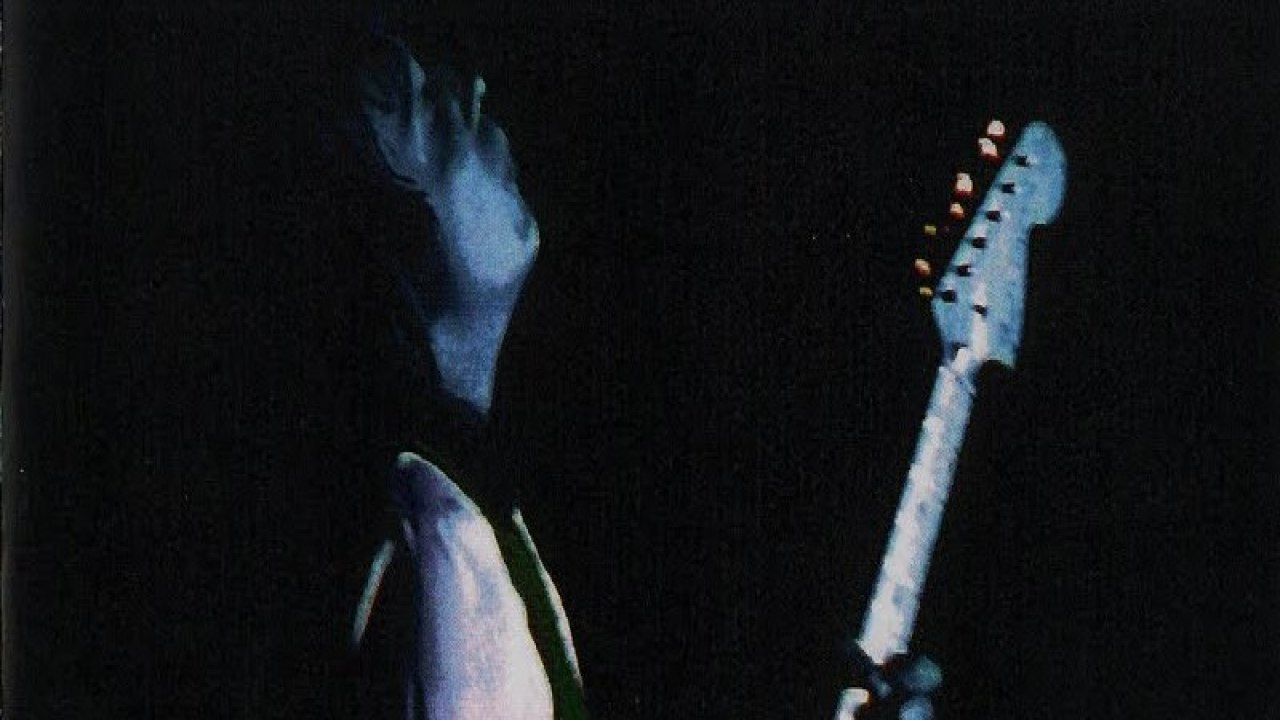One of Britain’s greatest guitarists, Robin Trower joined Procol Harum just after A Whiter Shade Of Pale was a hit, made six albums, then left.
He re-emerged (after the short-lived Jude, with Frankie Miller) fronting a bluesy trio bearing his name in 1973. On bass and vocals, Jude’s James Dewar. Dewar (who previously sang alongside Maggie Bell in Stone The Crows, and died in 2002) had a spectacularly soulful voice as eloquent and poignant as Trower’s Stratocaster, occupying the rarified air between Paul Rodgers and Miller himself.
These discs capture the band at the height of its powers – a period that spawned the debut Twice Removed From Yesterday, the career-defining Bridge Of Sighs (1974) and For Earth Below (1975). Some songs appear more than once, but Trower and band apparently worked hard to minimise this – repeating only one number from their set for John Peel in March ’73 and opting to record three (then) unreleased numbers for Bob Harris six months later. Harris got first dibs in February ’74, but the band recorded an entirely different four for Peel less than a fortnight later.
The opening numbers here (from ’73) sound as if lifted from an old TDK C90 rather than a BBC master, but the likes of a funky Man Of The World and Daydream (a beautiful homage to Jimi Hendrix) shine through. Likewise Day Of The Eagle, which ends with a crescendo rather than the slow blues of the (then unrecorded) album take.
The sound quality picks up for the later sessions, though – two of which were bonus tracks on the 2007 remaster of Bridge Of Sighs – highlighting a superb The Fool And Me and In This Place with a double-tracked guitar solo that’s probably better than the Sighs version. On disc two the trio’s original drummer Reg Isidore has been replaced by Bill Lordan. Four songs – including brilliant versions of Fine Day and Gonna Be More Suspicious – recorded in January ’75 – are followed by a glorious 10-song In Concert played the very next day.
This diamond has been issued before, but never as authentically as here. Earlier releases appeared polished, with crowd sounds from venues suspiciously larger than the Beeb’s old Paris Theatre studio in London’s Lower Regent Street…
Truly classic rock, sounding as timeless and pure as when it was created. This collection works both as a ‘best of’ for newcomers and an archive for converts.

